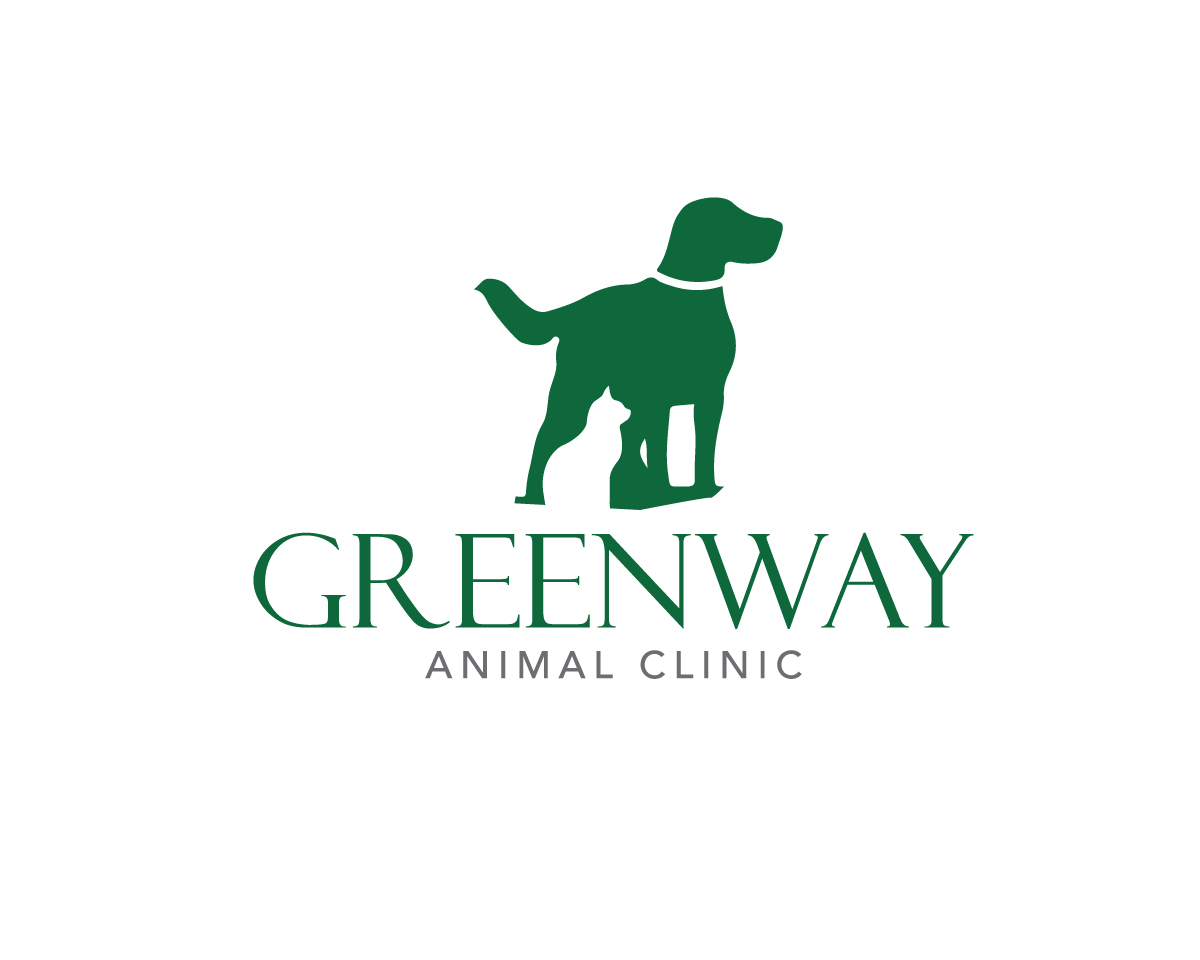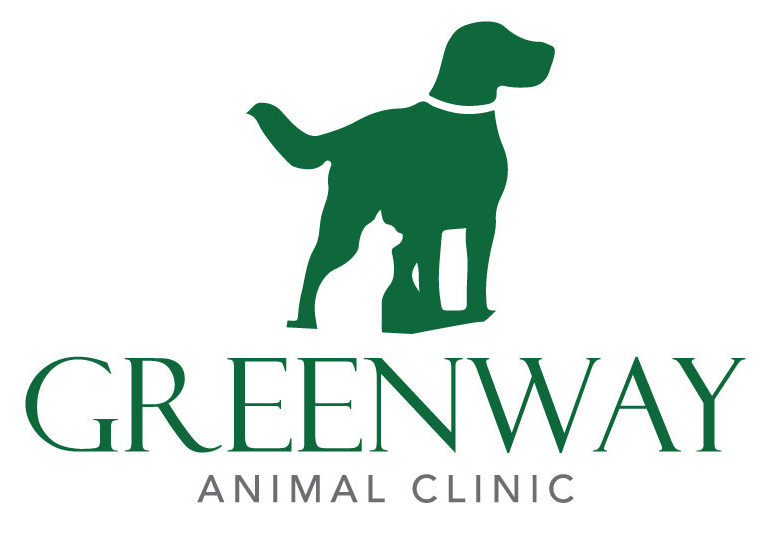Pet Health Library
-
Adrenal disease describes tumours or hypertrophy (excess growth) of the adrenal gland(s). Tumours may be benign (adenoma) or malignant (adenocarcinoma).
-
Gastrointestinal disease in ferrets is all too frequent - from dental disease, through gastric foreign bodies to persistent diarrhoea. Some are readily prevented while others require considerable diagnostic investigation and long term treatment.
-
It has always been customary for vets to recommend surgical neutering of ferrets. Unfortunately, it is now clear that this has been a major factor in the large increase in cases of adrenal gland disease.
-
The main reproductive disease in ferrets is actually one associated with failure to reproduce! That is to say a female ferret which is not mated fails to ovulate and consequently suffers the effects of a persistently high blood level of oestrogen.
-
The main skin diseases in ferrets are associated with parasites - fleas, mites and ticks - with bacterial skin disease and tumours such as mast cell tumours.
-
As with any animal ferrets can suffer from a wide range of tumours from benign cancers of the skin to aggressive malignant tumours of internal organs.
-
During the summer months, pet rabbits may be affected by maggot infestation. Different terms are used for this but fly strike is a common one.
-
Gut stasis is common in the rabbit. It may frequently be referred to as “bloat”.
-
This is caused by the Myxoma virus which is widely distributed in the wild rabbit population. You might argue that your rabbit never comes into direct contact with animals from the wild and so does not need protection.
-
Small rodents (rats and mice) are very popular pets. Compared to dogs and cats, they have a shorter life-span (1-4 years depending upon the species).

